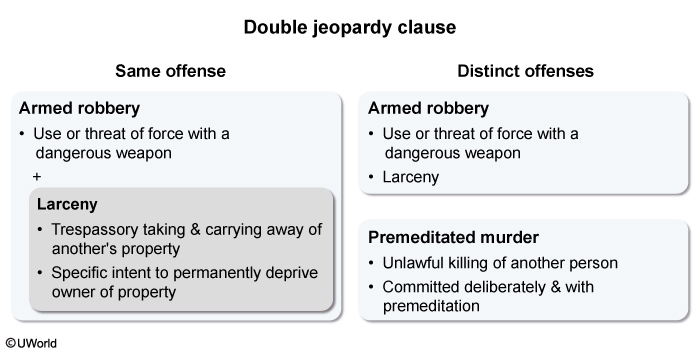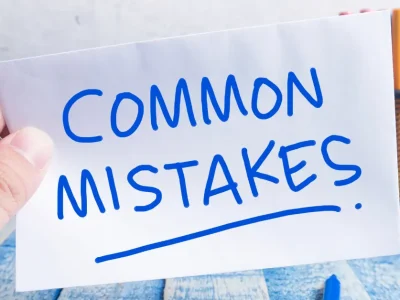No, we aren’t talking about America’s favorite answer and question show. But this quick tip may help you spot accuracy issues in the 1999 crime thriller, Double Jeopardy, starring Ashley Judd and Tommy Lee Jones (does this show our age?). For any youngsters who haven’t seen this movie, Ashley Judd is framed for killing her husband. She later discovers that he is actually alive and, once she’s paroled for good behavior, decides to track him down. The premise is that she can now kill her husband without repercussions because she was previously convicted of that crime and is therefore protected by double jeopardy … or is she?
The concept behind the Fifth Amendment double jeopardy clause—applied to the states through the Fourteenth Amendment—is pretty simple. It provides three protections:
- Protection against multiple punishments for the same offense
- Protection against a second prosecution for the same offense after a conviction
- Protection against a second prosecution for the same offense after an acquittal
However, the devil is in the details. What exactly does “same offense” mean? In Ashley Judd’s case, it would seem at first glance that murdering her husband is the same offense as later murdering her husband. But don’t be fooled by Hollywood malarkey! The snag in this story line is that the two murders are separate crimes because they occurred at different times and in different places. As a result, the double jeopardy clause would not shield her from punishment for the second murder.
Now imagine that this movie involved a single instance of conduct that was prosecuted as two or more crimes (e.g., premeditated murder that involved armed robbery). Under the Blockburger test (not to be confused with Blockbuster—the prequel to Netflix), the crimes would be considered separate offenses because each crime requires proof of an element that the other does not. In contrast, two crimes constitute the same offense when they have identical elements or when all the elements of one crime are included as elements in the other (e.g., greater or lesser included offenses). Here’s a graphic to highlight this distinction:

Use this tip to impress your friends on movie night or when answering practice questions in the UWorld MBE® QBank.
MBE® is a registered trademark of The National Conference of Bar Examiners® (NCBE®). NCBE does not endorse, promote, or warrant the accuracy or quality of the products or services offered by UWorld Legal.




